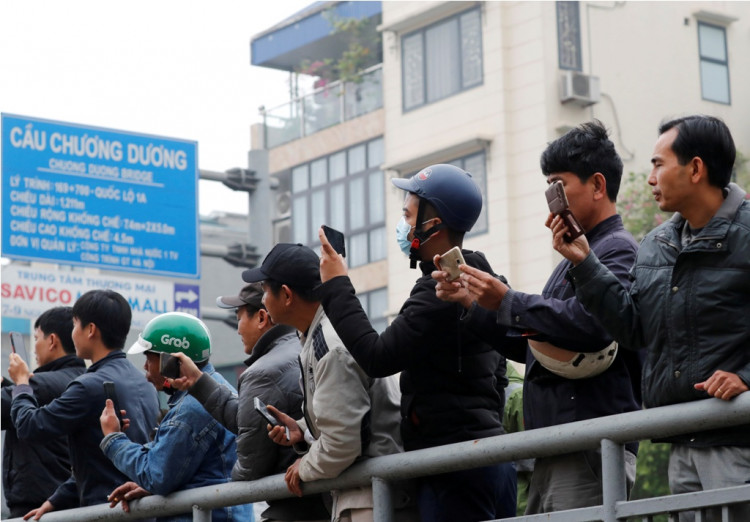Vietnam is steadily turning into the ASEAN region's fintech hub as the country's digital economy continues to flourish. New startups are helping drive the country's overall economy.
Industry experts attributed the digital economy's growth to the growing number of middle-class Vietnamese and increased use of the internet, The ASEAN Post reported. 66 percent of the country's total population is using the internet and exploring digital activities as of 2019.
Vietnamese fintech startups have a diverse offering including credit scoring for mobile payments and various lending services. These services are said to be an attractive investment potential for many domestic and international investors.
The government has been helping spur movement in the booming fintech sector, analysts noted. In 2016, the National Agency for Technology, Entrepreneurship, and Commercialization Development (NATEC) was established to provide various training programs and mentorship for businesspeople who are interested in the industry.
Aside from training programs, NATEC also provides financial funding as well as acceleration and incubation assistance for new fintech companies. Established under Vietnam's Ministry of Science and Technology, the program has become a stronghold for many startups within the digital economy segment.
Under special considerations, the Vietnamese government allows for special tax exemptions for some startups. Accelerators have also been put in place to help international companies grow in the country. One of these is the Vietnam Innovative Startup Accelerator (VIISA).
Late last month, analysts predicted that the country's fintech sector will expand by up to $7.8 billion in 2020. These figures are up by $4.4 billion compared to the numbers recorded in 2017. Faster internet connections are expected to help boost the sector further in the coming years.
Furthermore, the government is planning to launch a cashless system for Vietnamese consumers by 2020. The project is expected to reduce cash transactions by 10 percent. Traditional consumers markets are rushing to beat the deadline set by the government but the most grocery store and mall owners are optimistic about the change.
Meanwhile, Deputy Prime Minister Vuong Dinh Hue announced last week that the government is moving to legalize P2P (peer-to-peer) lending in the country. According to Viet Nam News, a pilot implementation will be issued first before official laws for the new business form are rolled out.
"Authorities must quickly have access to new business models, and at the same time, enhance supervision to discover and deal with any legal violations related to the activities," he explained.
Since P2P lending firms exist in the country, Hue clarified that these companies cannot mobilize capital. Instead, they will act as intermediaries between borrowers and lenders or investors. The Prime Minister added that in the future, participation of existing P2P lending companies will be considered as part of the official business model.





